Slate “Creates” New Issue with School Choice
Slate already posted a correction to its story that takes issue with school choice, “Publicly Funded Schools That Are Allowed to Teach Creationism.” Now it could use some context.
Private schools accepting voucher or tax-credit scholarship students are not “publicly funded schools” any more than grocery stores that accept SNAP card users are publicly funded.
But author Chris Kirk takes issue with the fact that parents are using their children’s dedicated public education funding (or tax-credit programs) to choose private schools that might teach creationism as well as evolution. As he tweeted, “Might as well teach flat-earthism in geology and bloodletting in med school.”
Our country is one of people with unique histories, cultures, and needs. Accordingly, Americans want more diversity in education, not less.
Kirk’s singling out of a particular group is not so dissimilar from some politicians’ who advocate against Islamic schools participating in school choice programs.
Critically, however, Americans have a constitutionally guaranteed free choice among religions and the go-ahead from the Supreme Court to choose religious schools using school choice programs (Zelman v. Simmons-Harris)—precisely because vouchers and tax-credit scholarships fund students, not schools, and their parents do the choosing.
Indeed, adding context to Slate’s numbers of creationism-teaching private schools, parents actually have far more options to not choose such schools:
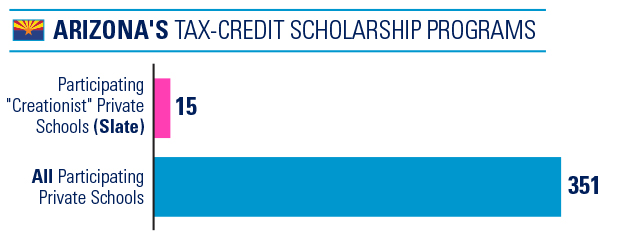
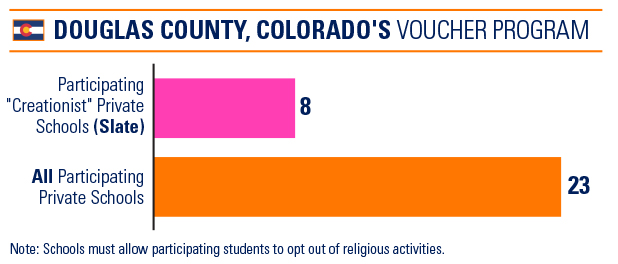
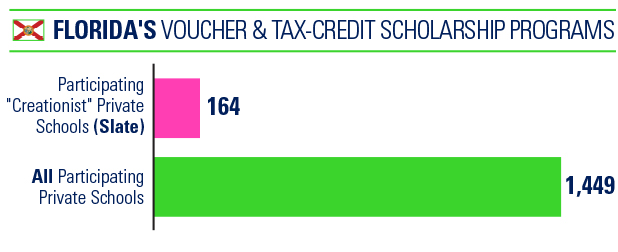
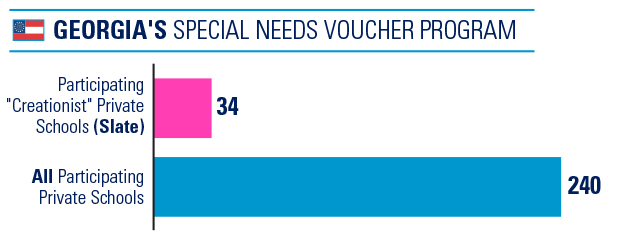
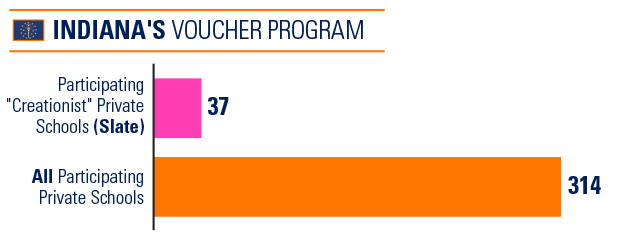
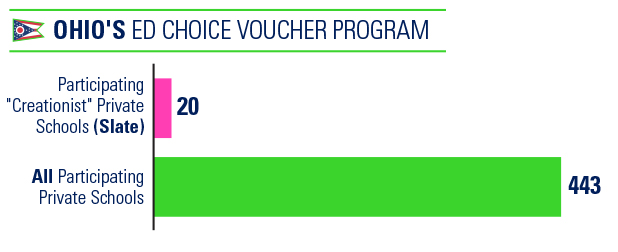
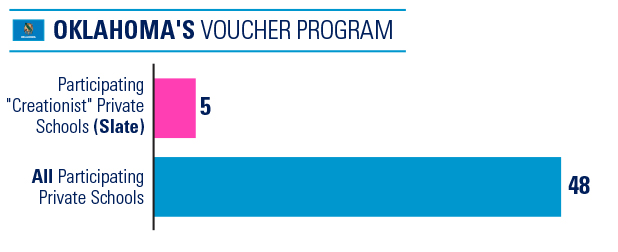
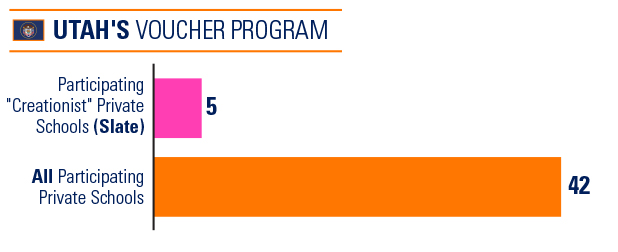
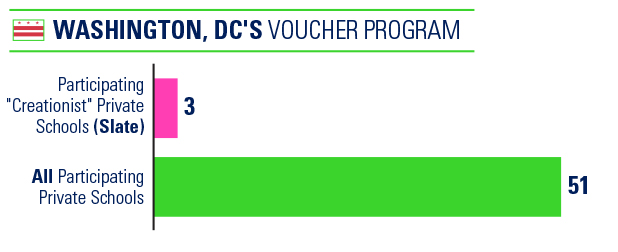
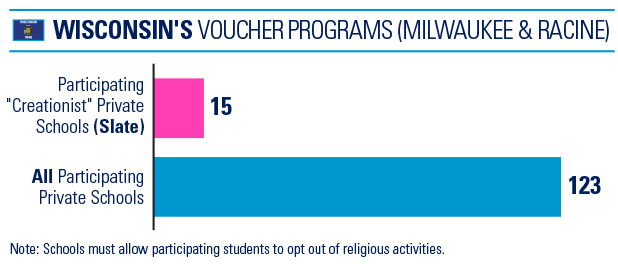
Students in the programs Kirk cites—noting, in fairness, there could be more creationist private schools beyond his count—represent fewer than 1 percent of all K-12 students nationwide. But even if that number were to grow, an elite few shouldn’t get to decide which schools are permissible and which ones aren’t. Families empowered with school choice should decide that.
Our country is one of people with unique histories, cultures, and needs. Accordingly, Americans want more diversity in education, not less. The problem with a top-down, one-size-fits-all system is that some entity, which purports to know what is best for every individual, must control it. And who should that be?
It’s time we put our faith in parents.




